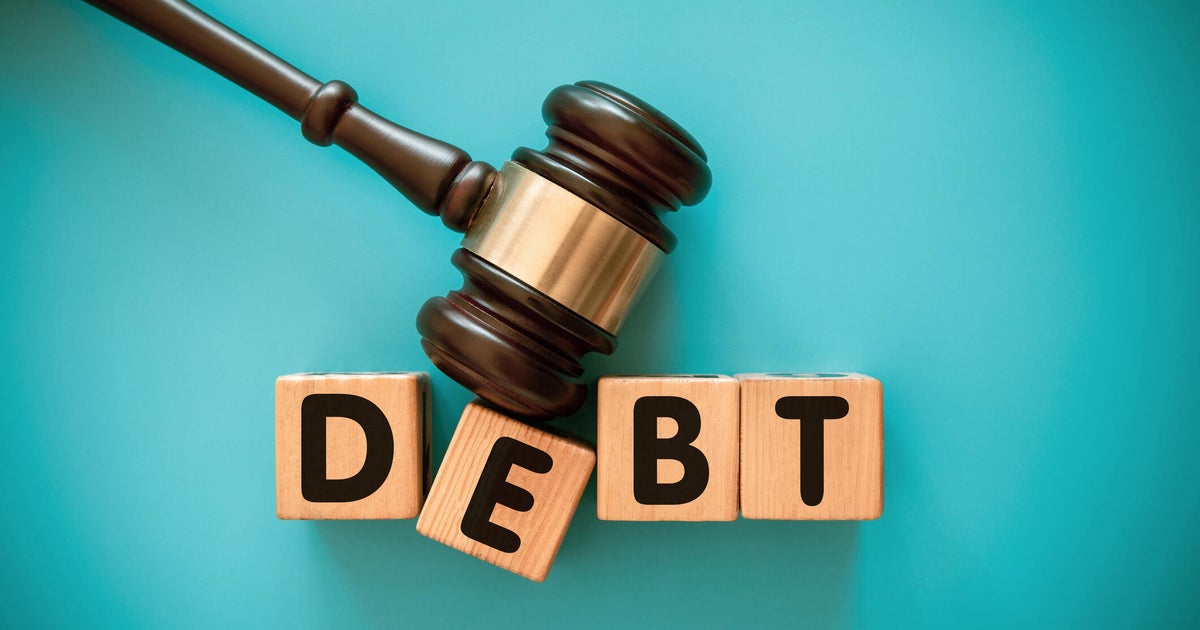

No response returned

When your debt spirals out of control, one of the most surprising updates you may see on your credit report . That term alone sounds final, almost like your lender has thrown in the towel and moved on from trying to collect on the balance. But what does a charge-off actually mean for you and your financial future?
For many borrowers, a charge-off arrives months after and . It marks a turning point where the lender decides to stop treating the balance as collectible. But while it may feel like the end of the road, a charge-off can actually be the beginning of something else entirely, especially in terms of how lenders or debt collectors handle what's still owed.
So, if your , what happens next? Can your lender really take further legal action, or does that mark the end of their pursuit? The answer depends on several factors, and understanding them could save you from a major financial setback.
.
Yes, after a charge-off, and they often do. That's because a charge-off is primarily a financial bookkeeping entry, not a legal release from debt. When a creditor charges off your account, they're simply acknowledging that they are unlikely to collect payment on the balance and are taking the loss for tax or accounting purposes. You, however, still technically owe the balance. Here's what can happen next:
Whether or not they can sue you, though, depends largely on . That's the legal time window during which a creditor can file a lawsuit for an unpaid debt. These time limits typically range from three to six years, though some states allow for longer. Knowing what these legal time frames are is important, as making even a small payment or acknowledging the debt in writing can restart the clock, giving creditors new grounds to sue.
You should understand, though, that even if the statute of limitations has expired, the creditor or debt collector can still . However, they cannot legally sue you for it. Unfortunately, many borrowers don't realize this and may inadvertently revive an old, time-barred debt by agreeing to a payment plan or sending in money.
So, before you respond to any collection attempts, and review your credit reports. It's also wise to consult with an attorney who specializes in debt if you receive notice of a lawsuit. After all, you may have defenses based on the age or validity of the debt.
.
If you're trying to get rid of a charged-off account, the good news is that you have several options for resolving it. One option is to for less than the full amount owed. Creditors and debt collection agencies will often accept because they'd rather receive something than nothing. As a result, many borrowers successfully settle charged-off debts for a fraction of the original balance.
Another option is to try and set up a plan to pay the full balance over time. This approach may be less damaging to your credit than a settlement, and it demonstrates a good-faith effort to creditors, too. This approach can also , which can alleviate some of your debt-related stress and help you gradually eliminate the debt in full.
You may also want to consider working with that specializes in negotiating with creditors. These services come with extra costs, but they can be helpful if you're overwhelmed or uncomfortable negotiating directly, and the experience and connections that they offer can often result in lower settlement amounts and better outcomes than taking a do-it-yourself approach.
Or, if your financial situation is truly dire, consulting with a bankruptcy attorney on your options might be worthwhile. While has serious long-term credit and financial consequences, it may discharge eligible debts and stop collection lawsuits in their tracks.
A charge-off doesn't mean a debt is gone. It simply means the lender has written the debt off for their own accounting purposes. You're still legally responsible for repayment, and creditors or debt collectors can still take legal action within the statute of limitations. So, if you're dealing with a charged-off account, don't ignore it. Verify the debt's age, understand your legal rights and consider your repayment or settlement options carefully. Being proactive now can help you avoid lawsuits and begin rebuilding your financial stability.





